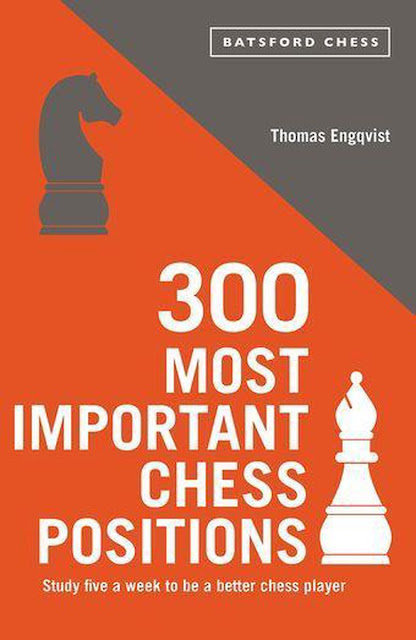Chess Cheating is The New Normal In Chess. The Cheaters Have Won The Game. Most Chess Players Cheat Online Now.
Chess, a game that embodies strategy, intelligence, and patience, has stood the test of time. Its integrity and honor are paramount. However, as with any competition, the temptation to cheat has cast a shadow over the game in recent years.
The last year has had headlines of cheating allegations in chess at the elite level. The high profile case of Hans Niemann being accused by Magnus Carlsen and later banned from chess.com. Hans has been exonerated of allegations withdrawn by Magnus Carlsen and his access to chess.com restored.
However, this drama as serious as it seemed belies the real issue of cheating in chess. Cheating in chess is now the norm. It is so easy to cheat in chess. I found that it is now the norm in online chess websites that everyone there has some form of illegal assistance. The minority play fair now.
1. A Look Back at Historical Cheating
Before the digital age, cheating in chess was quite rudimentary. One of the notable methods involved the touch-move rule. As per this rule, a player must move the piece they touch. Some players would manipulate this by touching a piece and then changing its intended move, causing confusion and sometimes gaining an advantage[1].
2. The AI Revolution and its Impact on Chess
With the advancement of artificial intelligence, the nature of cheating in chess has evolved. Grandmasters and amateurs alike now have access to powerful chess engines that can analyze positions and suggest optimal moves. This presents a growing crisis, as the essence of human competition is compromised[2].
3. High Profile Scandals
Recent scandals have thrust the issue of cheating into the limelight. The most explosive of these involves the world champion, Magnus Carlsen, accusing rising star Hans Niemann of cheating. Niemann's meteoric rise in player ratings aroused suspicion, leading to intense scrutiny and debates in the chess community[5, 6]. This however has been a distraction to the normalisation of cheating that has happened due to the proliferation of chess engines on the average chess player's phone, browser addons, and desktop applications that provide silicon engine assistance.
4. Addressing the Issue
There's a dire need to address this issue to preserve the integrity of the game. Enhanced surveillance during online play, in-person tournaments, regular checks, and stricter penalties could be the way forward. Moreover, technological tools that detect the use of AI in real time can be employed to deter potential cheaters.
5. Conclusion
While the allure of winning may drive some to cheat, it's essential to remember the core values of chess: strategy, foresight, and honor. Only by adhering to these principles can the game's sanctity be maintained.
🌐 Sources




Comments
Post a Comment